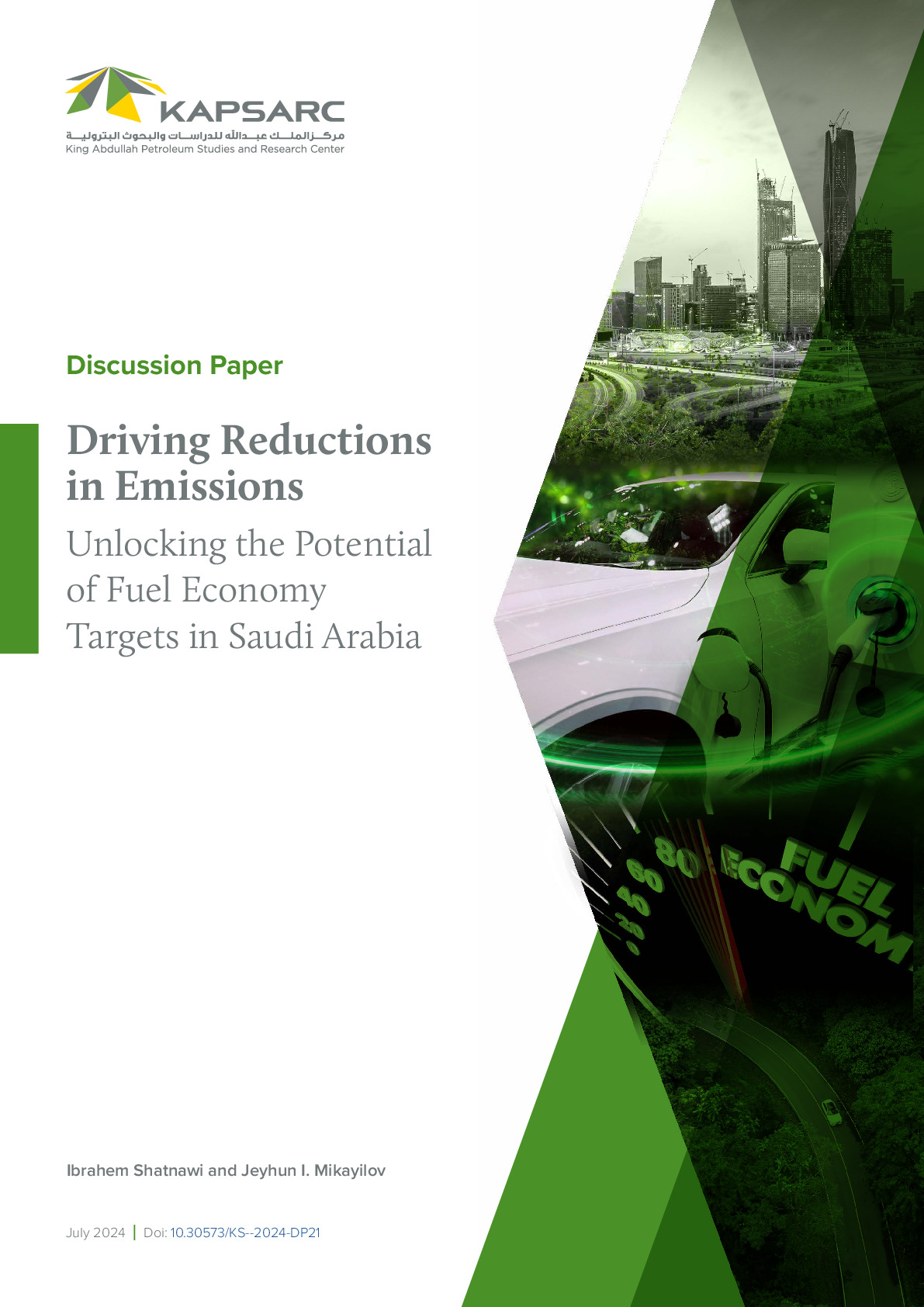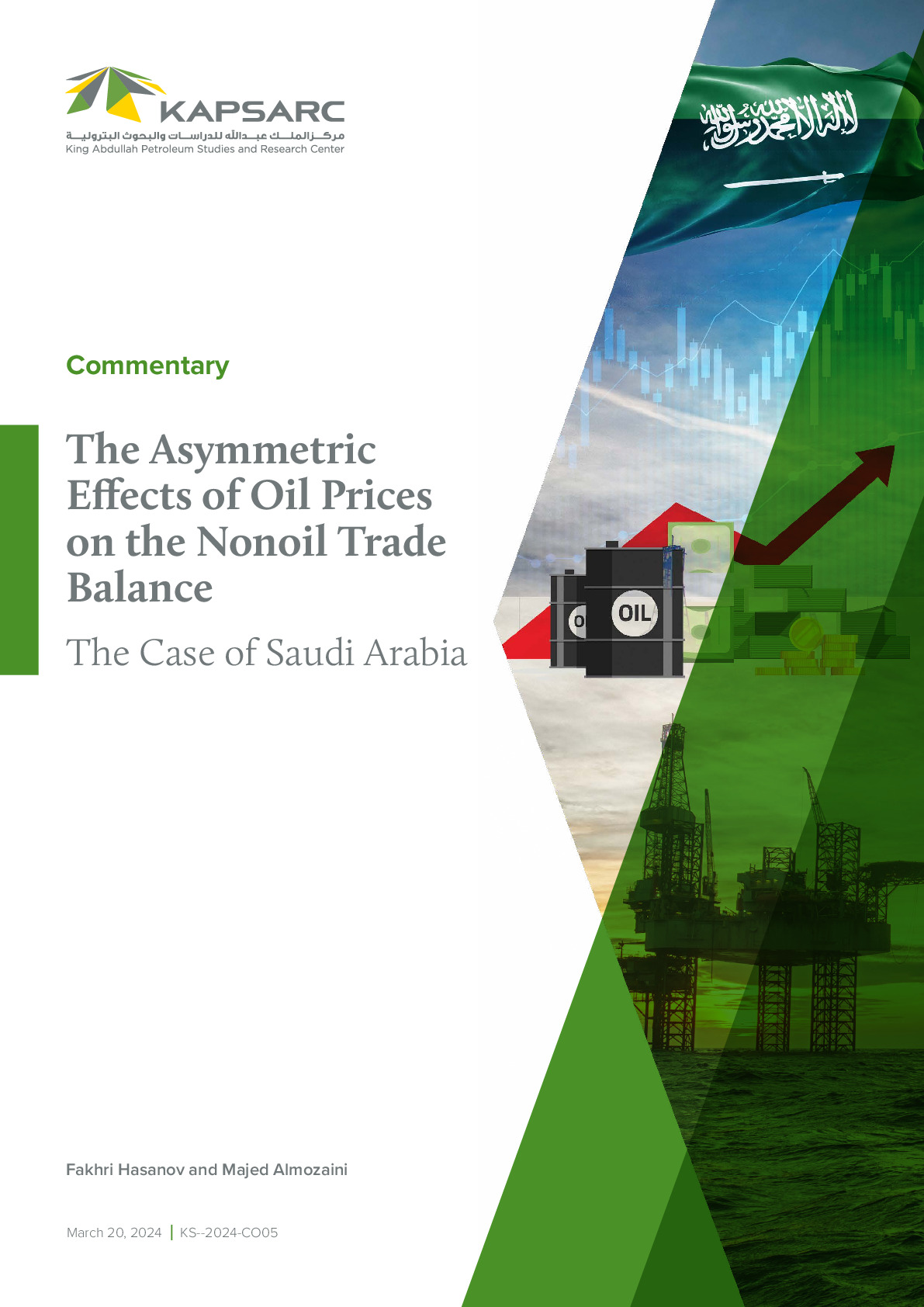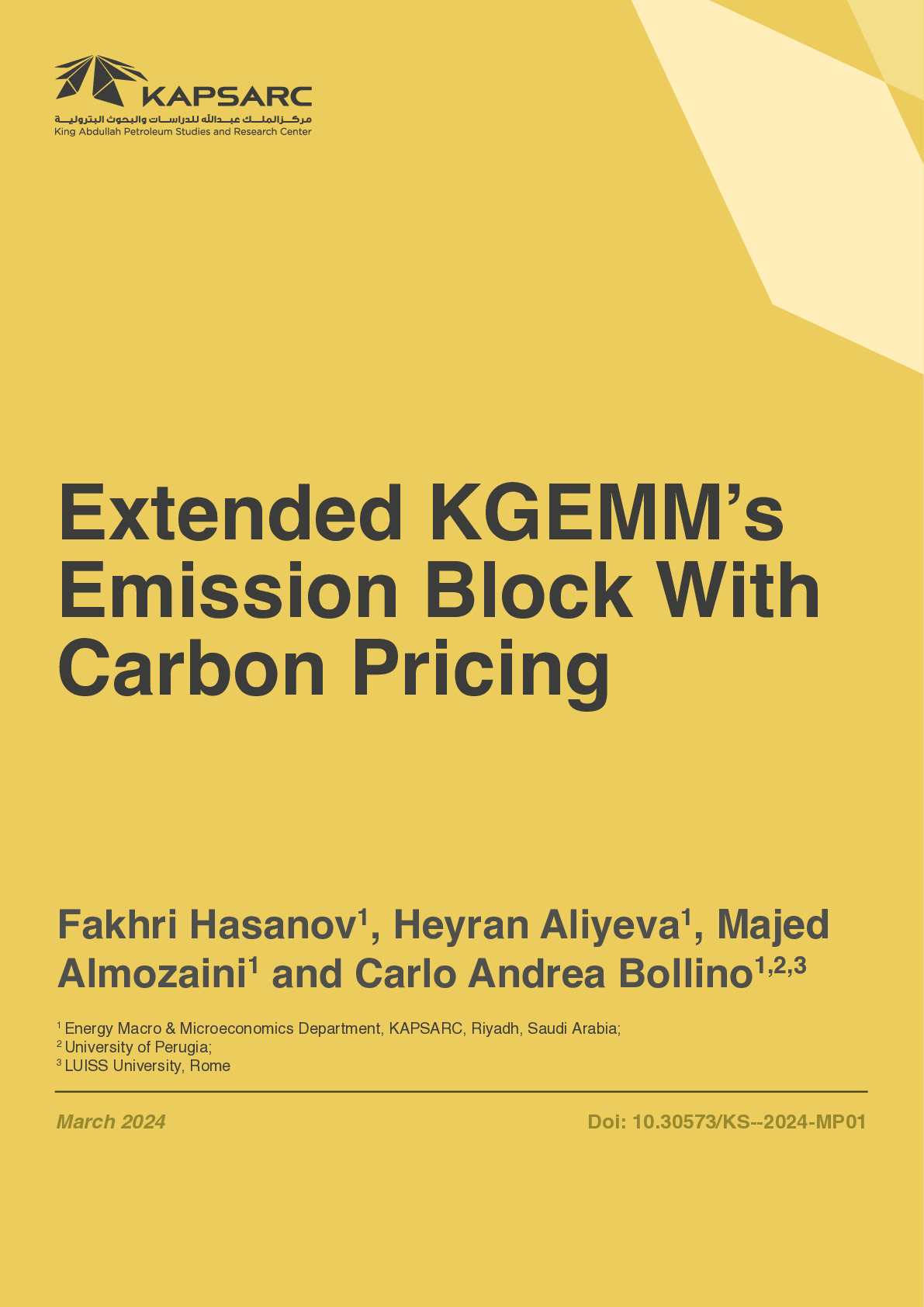We studied impacts of population groups of 15–64 and 65–above on residential electricity use in Kazakhstan in the STIRPAT framework. Unlike earlier studies for Kazakhstan in the STIRPAT framework, we applied time series cointegration and error correction methods. Results from the autoregressive distributed lags bounds testing approach indicate a significant impact of the age group of 15–64 on the residential electricity use in long-run, however, the age group of 65–above has only short-run effects and affluence has no effect. Another finding is that, 21% of short-run disequilibrium can be corrected towards long-run equilibrium during a year. Policymakers should consider the trend of the population group of 15–64 in their decision about the long-run stance of the residential electricity consumption. The trend suggests an implementation of energy conservative policy and increasing efficiency of its usage. Another policy implication is that household’s electricity consumption is not income dependent maybe due to cheap electricity prices subsidised by the government. In the short-run, policy makers should consider the age group of 65–above among other factors in their implementations. Moreover, they should be careful in making any policy shock to the residential electricity consumption system, because convergence towards long-run equilibrium path takes about six years. Copyright © The Author(s) 2017.

Research Fellow
Jeyhun is a research fellow at KAPSARC. He received his B.A. and M.S. from Azerbaijan State University (now Baku State…
Jeyhun is a research fellow at KAPSARC. He received his B.A. and M.S. from Azerbaijan State University (now Baku State University) in mathematics. Jeyhun holds a Ph.D. in applied mathematics and a D.S. in econometrics. Before joining KAPSARC in September 2017, Jeyhun was an associate professor at the Department of Statistics and Econometrics at Azerbaijan State University, and the Department of Economics at Qafqaz University, where he taught econometrics, statistics, and mathematical economics. His other roles have included director of the Research Institute for Social Sciences and Humanities, and head of the Center for Socio-Economic Research. Jeyhun was a postdoctoral researcher at Indiana University Bloomington, United States (U.S.). He has also been a visiting researcher at several institutions, including the Center for Econometric Research, Sungyunkwan University in Seoul, South Korea; Vistula University, Warsaw, Poland; the University of North Texas, and the University of South Texas, both in the U.S. Jeyhun’s research is focused on applied time series econometrics, the economics of energy, the environment and sustainable development. He has authored over 40 scientific articles published in peer-reviewed journals and is an editorial board member of the International Journal of Advanced Multidisciplinary Research and Review, the Journal of Management, Economics and Industrial Organization, and the Journal of Socio-Economic Studies, and a member of the International Association for Energy Economics.
Expertise
- Applied Time Series Econometrics
- The Economics of Energy and Environment
- Sustainable Development
Publications See all Jeyhun Mikayilov’s publications
Modelling and Projecting Regional Electricity Demand for Saudi Arabia
We studied impacts of population groups of 15–64 and 65–above on residential electricity use in…
21st July 2024
Driving Reductions in Emissions: Unlocking the Potential of Fuel Economy Targets in Saudi Arabia
We studied impacts of population groups of 15–64 and 65–above on residential electricity use in…
1st July 2024


